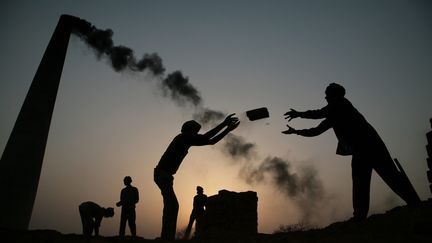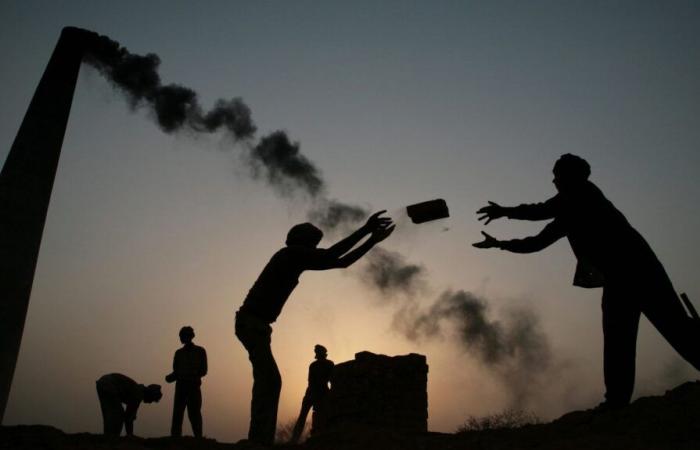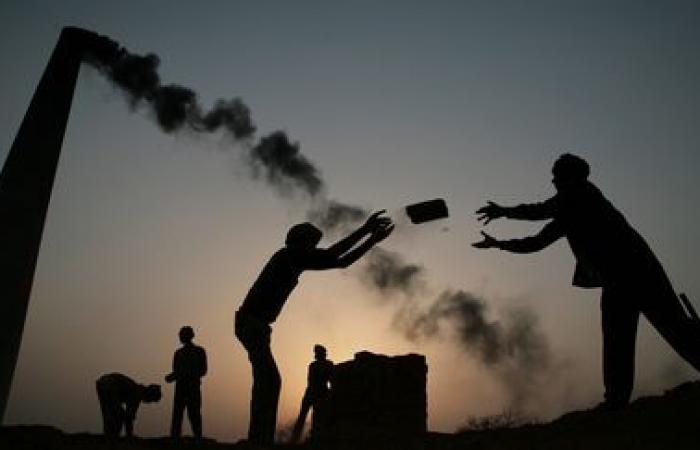In India, the practice of slavery persists. According to the latest NGO reports, part of the population is still reduced to austere conditions. Despite timid actions by the authorities, the results remain insufficient to combat this scourge.
Published on 02/12/2024 17:23
Reading time: 2min

Monday December 2, 2024 marks the International Day Against Slavery, the abolition of which has, despite everything, not led to its disappearance. Slavery is above all total exploitation through work and deprivation of freedom. In India, a part of the population is still reduced to this condition. A Norwegian NGO lists 18 million modern slaves. The most recent study carried out by the Australian NGO Walk Free, which collaborates with the International Labor Organization, speaks of 11 million Indians. This makes it the worst affected country in the world in absolute numbers, but not in proportion, 0.8% of the population lives in slavery. This percentage places the country in 34th position globally. North Korea, Eritrea and Saudi Arabia have between 2 and 10% modern slaves.
Slavery is a huge problem in India, reflecting deep inequalities such as caste and access to education. Children are exploited or sold by their parents, tribal or marginalized populations, forced to work to the point of exhaustion in industry or agriculture to survive. The same goes for women, who constitute 80% of the total, according to Walk Free in the industrial sector. Forced marriages and sexual exploitation are also a form of slavery of women.
The authorities do little to help the enslaved populations in India, often found in the informal economy sector where the Labor Code does not apply. The police sometimes carry out raids against employers, but not enough to deter and fight effectively. This is the case in the construction sector with workers displaced onto construction sites with salaries that border on the ridiculous or are sometimes non-existent.
The National Investigation Agency intervened in 22 Indian localities and searched the homes of 17 suspected mafiosi. They are accused of sending young Indians to countries such as Cambodia, where they are then turned into digital slaves, tasked with repetitive tasks aimed at extorting funds online and deprived of their passports and relief. This transnational slavery is new and it worries the authorities.








